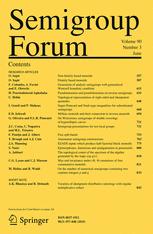 SEOUL — When does plagiarizing an entire textbook not violate copyright law?
SEOUL — When does plagiarizing an entire textbook not violate copyright law?
In a South Korean court, apparently.
On Wednesday, a district judge found ten professors who plagiarized textbooks guilty of copyright infringement—but ruled that four professors who added their names to subsequent printings were not guilty.
This case, which began as an alleged plagiarism ring of obscure science and engineering textbooks, could now rewrite the nation’s existing copyright law and spark debate on the high social standing enjoyed by professors. Continue reading In Korean textbook scheme, some plagiarists found not guilty

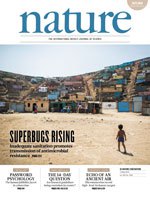
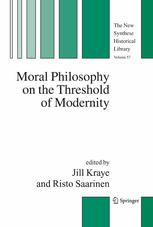

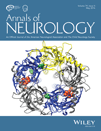

 A court in Finland has ruled that universities must go through the court system if they want to revoke a degree.
A court in Finland has ruled that universities must go through the court system if they want to revoke a degree.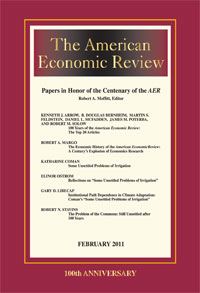 Citation omissions in an economics preprint have set off a wave of recrimination and speculation on a widely read economics discussion board.
Citation omissions in an economics preprint have set off a wave of recrimination and speculation on a widely read economics discussion board.